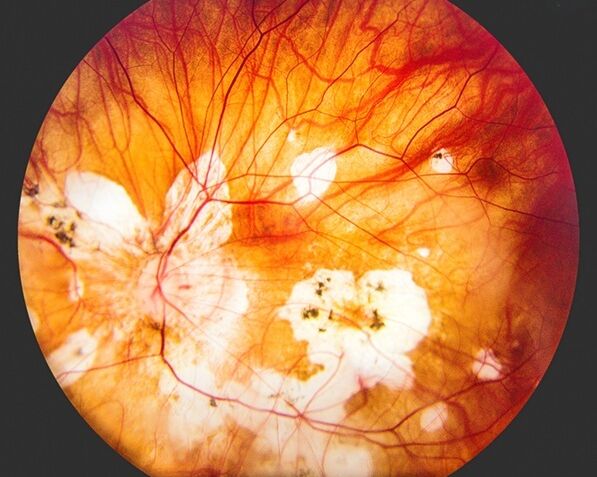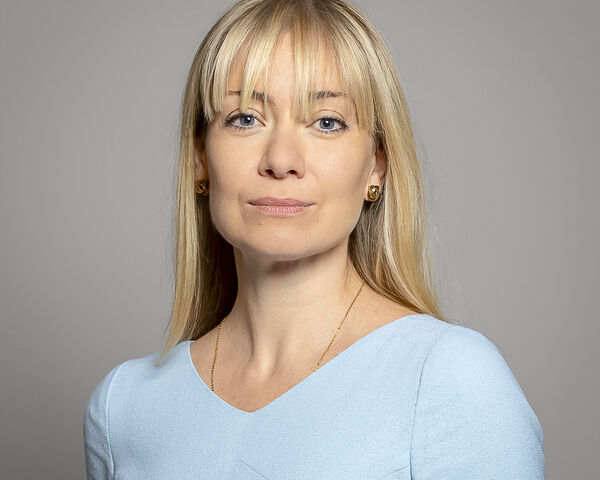Scottish investment in genomic medicine

Scottish Genomes Partnership backed by £6 million.
Minister for Sport, Health Improvement and Mental Health, Jamie Hepburn has announced a £6 million investment in the Scottish Genomes Partnership (SGP), ahead of a parliamentary reception to mark Rare Disease Day.
The SGP is a collaboration of Scottish Universities and the NHS capitalising on £15 million investment in whole genome sequencing technology by the Universities of Edinburgh and Glasgow. The Scottish Government is contributing £4 million and the Medical Research Council, £2 million.
By combining knowledge of the whole genome sequence – or the entire genetic code – of patients and information from their health records, genetic diseases can be understood better and new ways to test, manage and treat these diseases devised.
SGP will be using this technology for genomic research on rare diseases, cancers and Scottish populations, and to work with Genomics England on the diagnosis of patients in Scotland with rare genetic diseases.
This is a really exciting announcement. Through our investment in the Scottish Genomes Partnership and the collaboration with the Medical Research Council and Genomics England, NHS Scotland may be able to offer more rapid diagnosis to rare disease patients or a diagnosis where one hasn’t been possible before, improving the lives of patients with these conditions.
“Allied to our investment in SGP’s genomic research programmes, the new knowledge gained can improve our understanding and help the development of new tests, drugs and treatment strategies for rare diseases and cancers to benefit patients. This investment in cutting edge science can also create new opportunities for research and the life sciences sector, and enhance Scotland’s reputation for clinical research and innovation.
Jamie Hepburn
Minister for Sport, Health Improvement and Mental Health
I am delighted that Scotland is joining the 100,000 Genomes Project. This will bring new diagnoses for patients with rare disease and extends the benefits further across the UK.
Professor Mark Caulfield
Chief Scientist at Genomics England
This funding creates a unique opportunity to translate the investment of Scottish Universities into immediate healthcare benefits for Scottish patients. The remarkable advances in genome technology over the past five years will now be available to patients in the Scottish NHS, bringing a new dimension of healthcare to Scottish patients with cancer and inherited diseases. We look forward to working with our partners in the Scottish NHS, the Scottish Universities and Genomics England on this landmark project.
Professor Tim Aitman
Co-Chair of the Scottish Genome Partnership and Director of the University of Edinburgh’s Centre for Genomic and Experimental Medicine
We are very pleased and proud to be a partner in the Scottish Genomes Partnership, and welcome this further investment into the future of precision medicine in Scotland.
The SGP will play a significant role within the recently-established Scottish Ecosystem for Precision Medicine, which will co-ordinate clinical, laboratory and informatics resources and opportunities across Scotland.
Through collaborations like the SGP, and a partnership with Precision Medicine Catapult to lead the National Centre of Excellence, Scotland will be at the forefront of developing cutting-edge precision medicine technologies, with the aim to deliver the right drug for the right patient at the right time.
We’re extremely proud to playing a leading role in the SGP, and the wider Scottish Precision Medicine Ecosystem.
Professor Anna Dominiczak
Vice-Principal and Head of the University of Glasgow’s College of Medical, Veterinary and Life Sciences
We are extremely pleased to be jointly investing with the Scottish Government to help support their ambitions in genomic medicine. This is part of a broader MRC ambition to enhance investment in genome research across the UK and complement our major investment in Genomics England.
Recent technological advances in genome sequencing alongside developments in assimilating and interrogating vast and complex data sets offers exciting opportunities to better understand disease and improve precision healthcare. It is quite apt that this announcement comes on Rare Disease Day as this new funding embodies our continuing commitment to investigate the root cause human diseases and improve human health.
Dr Nathan Richardson
Head of Molecular & Cellular Medicine at the Medical Research Council
NHS Scotland genetics professionals are delighted that Scottish patients with rare diseases will have the opportunity to benefit from state of the art technology to help to determine the underlying genetic cause of their condition. This will directly help their medical care and that of their families, and will build a knowledge base that will benefit us all.
Professor Zosia Miedzybrodzka
Professor of Medical Genetics University of Aberdeen and NHS Grampian, Chair of Scottish Clinical Genetics Forum
Rebecca McEleney from Moray, whose six-year-old son Corey has severe autism, seizures and developmental delay said: “I have fought for years to understand Corey’s disabilities. This project gives us as a family the opportunity to find out the cause of his needs to aid him and future generations.”
The Scottish Genomes Partnership was founded following a £15m investment by the Universities of Edinburgh and Glasgow in January 2015. This initial funding enabled the Universities to partner with Illumina for the purchase of state-of-the-art equipment for sequencing human genomes. The equipment enables researchers and clinicians in Scotland to study the genomes of both healthy and sick people on a large scale and faster than before.
SGP will start March 1 2016 and is aiming to enrol the first patients from NHS Scotland during summer 2016.
FAQs
Will the 1,000 whole genome sequences which will be completed in Scotland contribute to the 100,000 genomes target?
The genome sequences and data from the Scottish Genomes Partnership will contribute to the 100,000 Genomes Project alongside the genomes from patients in England and Northern Ireland.
Which hospitals are involved?
The Scottish Genomes Partnership will involve four hospitals: Aberdeen, Dundee, Edinburgh and Glasgow. Around 300 rare disease patients, plus their families, will be invited to join the Project.
Will patients be recruited in the same way in Scotland and England?
Yes, rare disease patients will be invited to join the Project in the same way as in England, using the same protocols and disease models. Local changes to the patient information will be made to take into account slight differences in Scottish law. The changes will be approved by the Project’s existing Research Ethics Committee. Scotland will not be recruiting cancer patients to the Project.
How will patient data be accessed by researchers and clinicians?
Genome data from Scotland will be available through the Genomics England architecture in the normal way, and accessible by partners in the Scottish Genomes Partnership and by academic experts in Scotland via the current GeCIP arrangements.
Scotland and Northern Ireland have joined the 100,000 Genomes Project – what about Wales?
Wales is actively considering opportunities to partner with Genomics England as part of their planned strategy on genomics and precision medicine which was announced on 23 March 2016.


